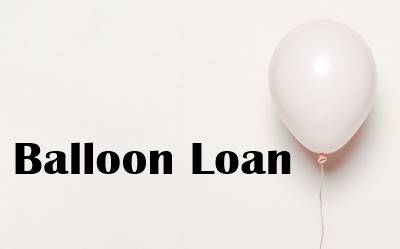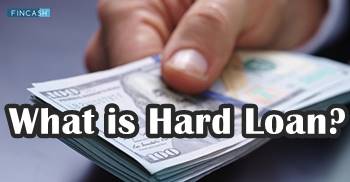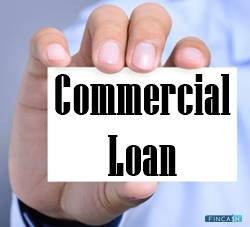
Table of Contents
What is an Indirect Loan?
An indirect loan is an instalment loan in which the lender does not directly contact the borrower, whether the original issuer of the debt or the current debt holder. The loan is obtained through the use of a third-party middleman. Indirect loans are loans that are traded on the secondary Market.

Indirect loans can help enhance finance availability and risk management by allowing borrowers to receive financing through third-party agreements. If you don't qualify for a direct loan, you may get an indirect loan. However, they may be more expensive than direct loans since they have higher interest rates.
Example of Indirect Loan
The automobile Industry is the most common example of indirect financing. To finance auto loans for its consumers, dealerships frequently partner with third-party lenders. Borrowers can obtain authorization for a car loan at the dealership because of the business's relationship with third-party lenders. Instead of sending paperwork between their Bank and the dealership, borrowers can get approved for a car loan there.
Dealer Financing for Indirect Loans
Many merchants, dealerships, and retailers that deal in big-ticket items like cars or recreational vehicles will engage with several third-party lenders to help their consumers get instalment financing. Dealerships frequently have lending networks that comprise various financial institutions that are willing to back their sales. Because of their network link with the dealer, these lenders may approve a more extensive Range of borrowers.
A borrower submits a credit application via the dealership in the indirect lending process. After that, the application is sent to the dealership's financing network, which allows the borrower to get numerous bids. The borrower can then select the most appropriate loan for their needs. The dealership also gains since it closes the sale by assisting the buyer with financing. Because the dealer's interest rate is likely to be greater than that of a credit union or bank, customers should always look into other financing options before choosing to finance their automobile through a dealer.
While this type of indirect loan is commonly referred to as "dealer financing," the loan is approved (based on the credit profile), terms and rates are set, and the dealer's network banking institutions collect payments.
Talk to our investment specialist
Working of an Indirect Loan
Indirect loans are those that were not originated directly by the lender who owns them. When a lender sells a debt, they no longer have responsibility for it and no longer earn any interest revenue. Instead, everything is passed to a new owner, who takes on managing the loan and collecting payments.
Any indirect loan deal should be carefully read. If the dealer cannot sell the loan that the buyer signed to a lender, the dealer may cancel the contract and compel the buyer to return the car within a specific time frame. If there was a trade-in, the buyer is entitled to the down payment and trade-in value (or the value of the trade-in). The dealer may try to persuade a car buyer to sign a new contract with less advantageous conditions in this circumstance, but the buyer is not obligated to do so.
Pros of Indirect Loan
- Borrowers find indirect loans more convenient: Borrowers find indirect loans more convenient. Indirect auto loans, for example, allow consumers to buy and finance an automobile at the same time.
- More opportunities for lenders: Because indirect lenders have access to a much larger pool of borrowers, they have more options.
Cons of Indirect Loan
- Customers pay higher rates because indirect lending is riskier for the lender. As a result, borrowers typically pay higher interest rates. Furthermore, dealerships are not bound to provide you with the best rate available.
- The lender has less control over the loan transaction because they do not have a direct relationship with the borrower. In addition, indirect loans have a greater delinquent rate.
All efforts have been made to ensure the information provided here is accurate. However, no guarantees are made regarding correctness of data. Please verify with scheme information document before making any investment.












